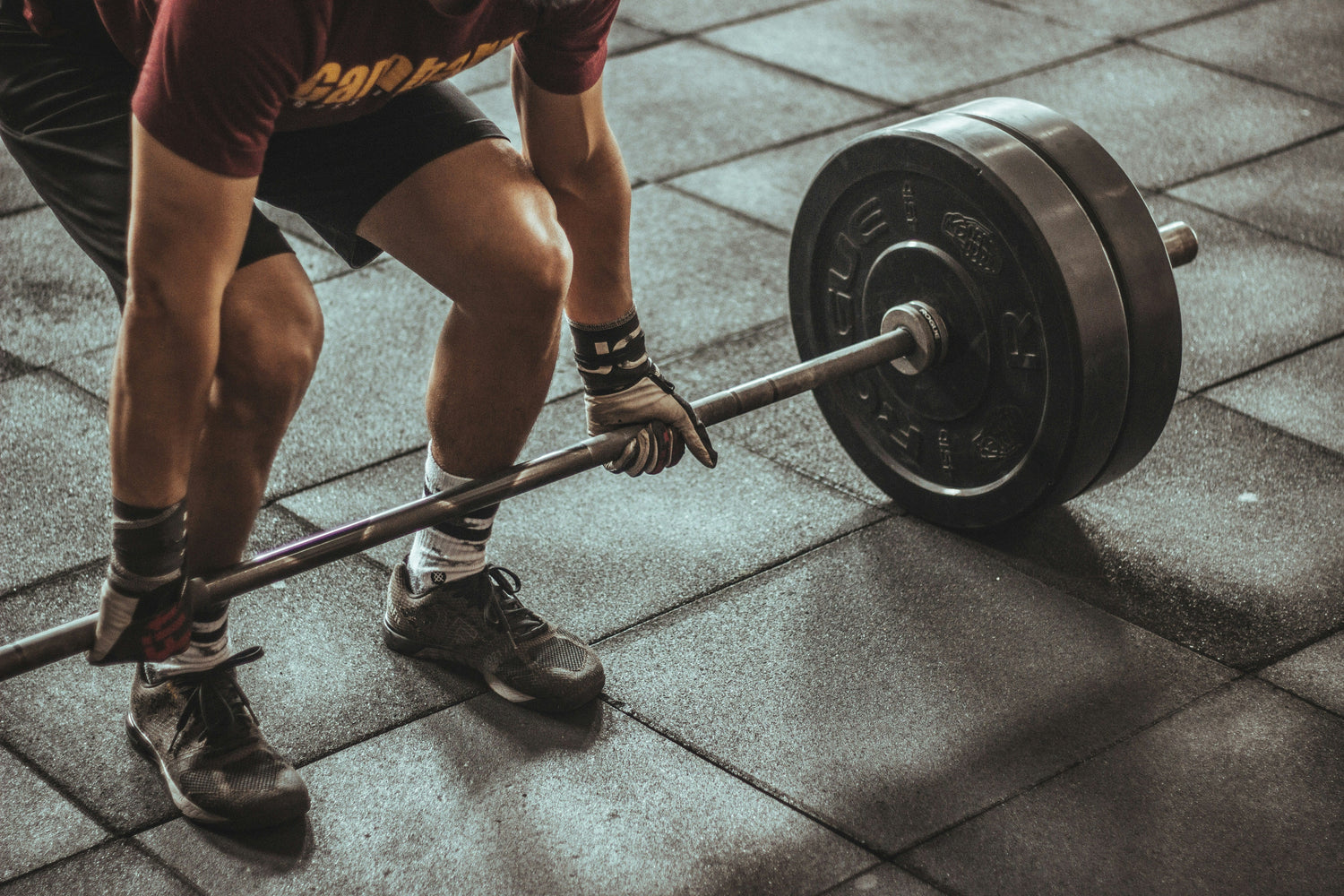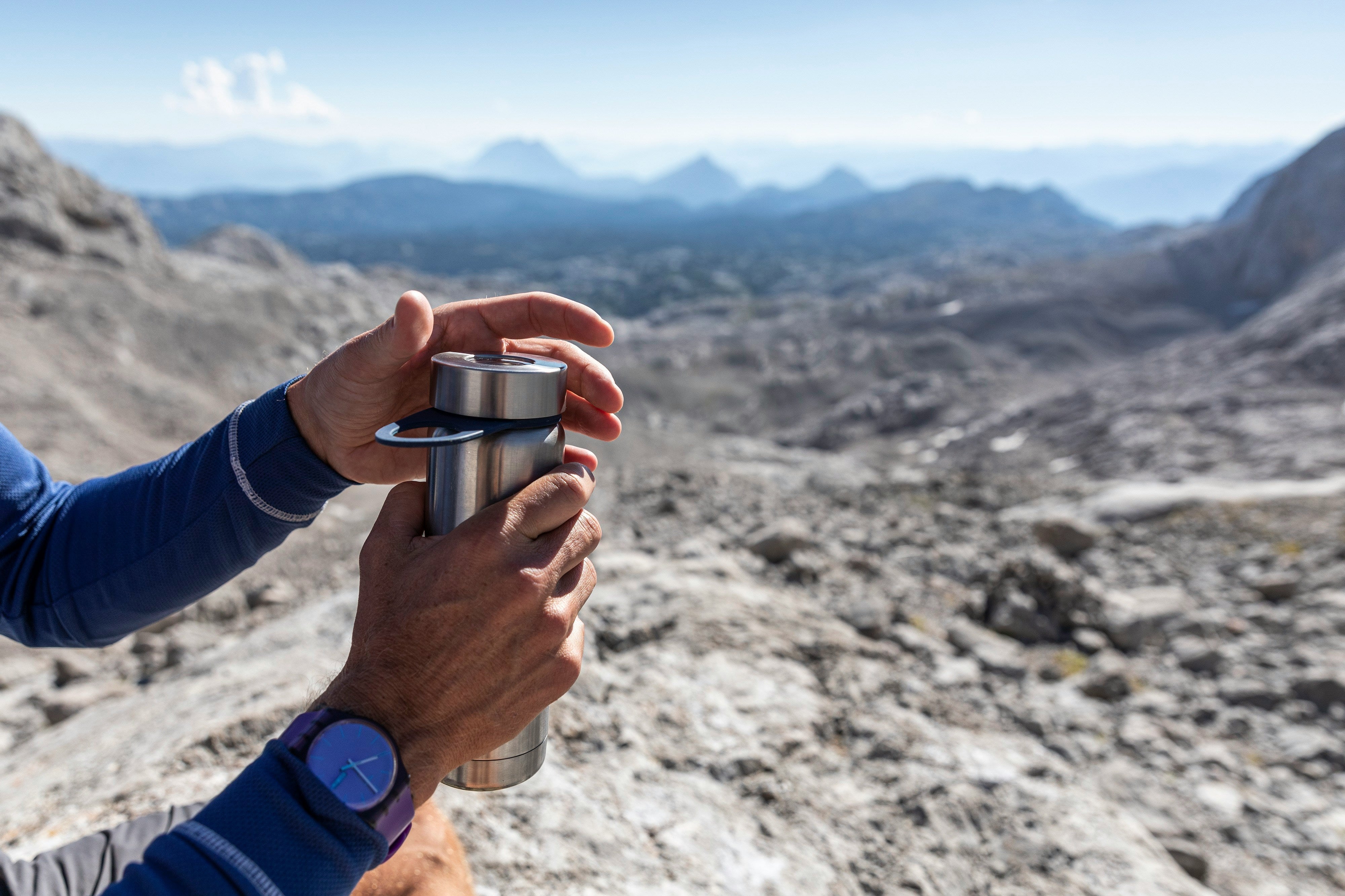Electrolytes and Post-Workout Recovery: The Science Behind Faster Muscle Repair
Have you ever felt like your muscles were screaming for relief after an intense workout? You're not alone. Post-workout recovery is a crucial step in maximizing athletic performance and preventing injuries. Electrolytes play an important role in recovery. These minerals are essential for muscle contraction, nerve impulse transmission, and fluid balance.
Read on to learn the science behind electrolytes, their impact on post-workout recovery, and practical ways to ensure optimal levels for faster, more effective recovery.
What Are Electrolytes?
Electrolytes are minerals that, when dissolved in water, retain an electrical charge. They are necessary for maintaining fluid balance in your body. Common electrolytes include sodium, potassium, calcium, magnesium, and chloride. These minerals are present in various foods and beverages, including fruits, vegetables, dairy products, and sports drinks [1].
Why Are Electrolytes Important for Post-Workout Recovery?
Fluid Balance: During intense workouts, you lose fluids through sweat. Electrolytes help regulate your body's fluid balance, preventing dehydration and associated symptoms such as fatigue, dizziness, and muscle cramps.
Muscle Function: Electrolytes play a role in muscle contraction and relaxation. Adequate electrolyte levels ensure proper muscle function and prevent cramps or spasms [2].
Nerve Function: Electrolytes help transmit nerve impulses, which are crucial for muscle coordination and overall athletic performance.
Nutrient Absorption: Electrolytes help absorb nutrients from your digestive system and ensure your body has the building blocks vital for muscle repair and growth [3].
The Science Behind How Electrolytes Support Faster Muscle Repair
After working out, your body loses electrolytes through sweat, which need to be replenished for optimal recovery. Here's how electrolytes support muscle repair:
Protein Synthesis: Electrolytes, such as sodium and potassium, are crucial for protein synthesis, the intricate process through which cells build and repair muscle tissue. These minerals aid in regulating the signaling pathways involved in protein synthesis, ensuring that the body has the essential resources to generate new muscle proteins and repair damaged ones [4].
Inflammation Reduction: Exercise can cause inflammation, which is a natural response that aids in repairing damaged tissues. However, too much inflammation can slow down muscle repair and recovery. Electrolytes like magnesium and calcium can help decrease inflammation by regulating the body's immune response and supporting tissue repair [5].
Muscle Energy: Electrolytes are essential for producing ATP, which is the energy currency of cells. ATP is necessary for muscle contraction, relaxation, and repair. By replenishing electrolytes, you can ensure that your muscles have the energy they need to recover and function optimally [6].
Muscle Hydration: Electrolytes help maintain proper fluid balance in your muscles, which is crucial for their health and function. Consuming adequate electrolytes can help prevent dehydration and support muscle recovery [2].
How To Replenish Electrolytes to Power Up Your Recovery
Electrolyte depletion after exercise can lead to muscle cramps, fatigue, dizziness, and dehydration. For athletes with high sweat rates or those involved in intense training, scientifically formulated supplements provide a quick and convenient means to replenish electrolytes.
To choose the right electrolyte supplement for your needs, consider the following factors:
Electrolyte Content: Look for a supplement that contains a balance of electrolytes, including sodium, potassium, calcium, magnesium, and chloride.
Natural Ingredients: Choose a supplement devoid of artificial flavors, colors, and sweeteners and built with all-natural components.
Portability: Whether you're heading to the gym, a walk, or somewhere else, pick a supplement that's handy to bring with you.
The Bottom Line
Electrolytes are often overlooked, but they play an imperative role in post-workout recovery. By replenishing your electrolyte levels, you can support muscle repair, lower inflammation, and improve overall athletic performance. Consider including a natural electrolyte supplement in your recovery routine to optimize your results.
Sources
-
Pérez-Castillo, Í. M., Williams, J. A., López-Chicharro, J., Mihic, N., Rueda, R., Bouzamondo, H., & Horswill, C. A. (2023). Compositional Aspects of Beverages Designed to Promote Hydration Before, During, and After Exercise: Concepts Revisited. Nutrients, 16(1), 17. https://www.ncbi.nlm.nih.gov/pmc/articles/PMC10781183/
-
Maughan, R. J., & Shirreffs, S. M. (1997). Recovery from prolonged exercise: restoration of water and electrolyte balance. Journal of sports sciences, 15(3), 297–303. https://pubmed.ncbi.nlm.nih.gov/9232555/
-
Shirreffs, S. M., & Sawka, M. N. (2011). Fluid and electrolyte needs for training, competition, and recovery. Journal of sports sciences, 29 Suppl 1, S39–S46. https://pubmed.ncbi.nlm.nih.gov/22150427/
-
Del Coso, J., González-Millán, C., Salinero, J. J., Abián-Vicén, J., Areces, F., Lledó, M., Lara, B., Gallo-Salazar, C., & Ruiz-Vicente, D. (2016). Effects of oral salt supplementation on physical performance during a half-ironman: A randomized controlled trial. Scandinavian journal of medicine & science in sports, 26(2), 156–164. https://pubmed.ncbi.nlm.nih.gov/25683094/
-
Reno, A. M., Green, M., Killen, L. G., O'Neal, E. K., Pritchett, K., & Hanson, Z. (2022). Effects of magnesium supplementation on muscle soreness and performance. The Journal of Strength & Conditioning Research, 36(8), 2198-2203. https://journals.lww.com/nsca-jscr/abstract/2022/08000/effects_of_magnesium_supplementation_on_muscle.19.aspx#:~:text=Perceived%20recovery%20after%20supplementation%20was,perceived%20recovery%20after%20Mg%20(vs.
-
Waller, A. P., F. Heigenhauser, G. J., Geor, R. J., Spriet, L. L., & Lindinger, M. I. (2008). Fluid and electrolyte supplementation after prolonged moderate-intensity exercise enhances muscle glycogen resynthesis in Standardbred horses. Journal of Applied Physiology. https://journals.physiology.org/doi/full/10.1152/japplphysiol.90783.2008



Leave a comment
All comments are moderated before being published.
This site is protected by hCaptcha and the hCaptcha Privacy Policy and Terms of Service apply.